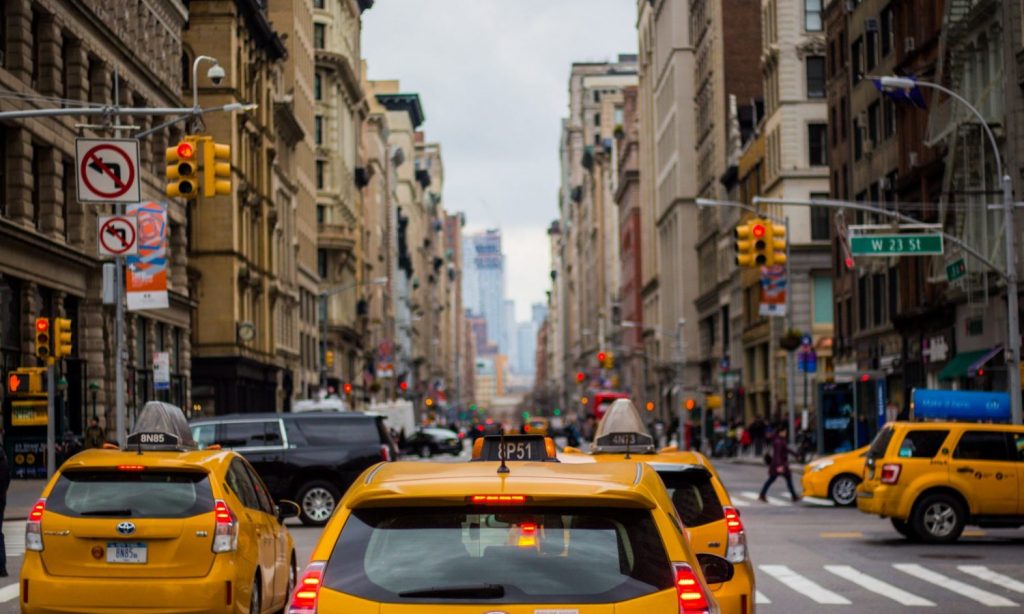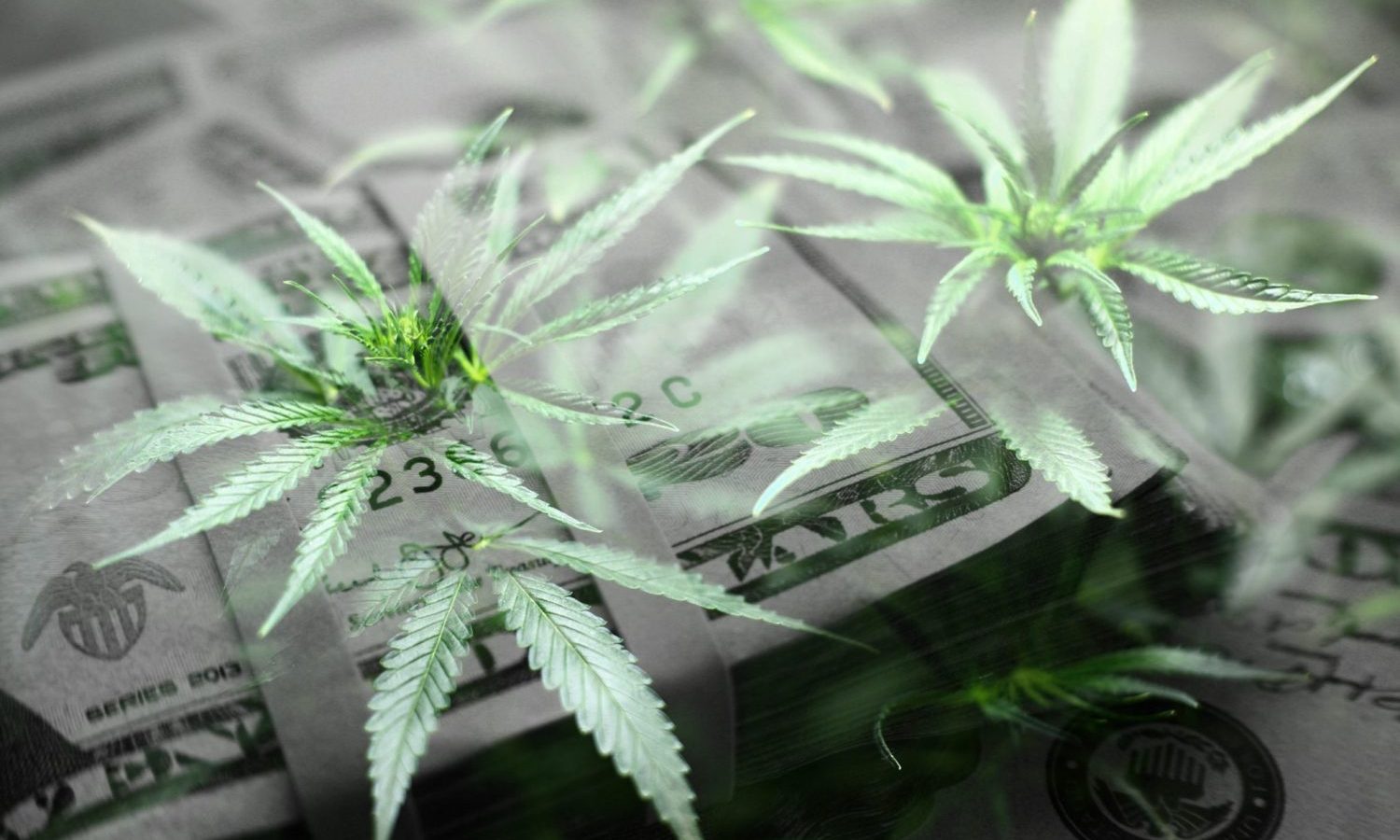Revenue from cannabis state excise tax of 9% will go to education, community reinvestment and drug treatment.
According to official projections, the state of New York could generate over a billion dollars in marijuana taxes before the end of the decade.
An estimate included in the governor’s executive budget calculated that between now and 2028, the state could gather more than $1.25 billion from licensing fees and other taxes.

RELATED: Are High State Marijuana Taxes Really The Cause Of The Tenacious Black Market?
The Empire State legalized adult-use marijuana in March of 2021, but cannabis shops are not expected to open until late 2022 or early 2023, as New Yorkers wait for the state to issue licenses to producers, distributors and retailers. Marijuana-related tax collection is expected to increase on a yearly basis.
According to coverage by Marijuana Moment, “for fiscal year 2023, the state is projected to collect $56 million in revenue, most of which will come in the form of licensing fees. From there, the yearly revenue estimates quickly increase as sales are expected to come online and expand: $95 million in 2024, $158 million in 2025, $245 million in 2026, $339 million in 2027 and $363 million in 2028.”
RELATED: These States Have The Highest Cannabis Sales Taxes In America
Revenue from cannabis state excise tax of 9% will go to education, community reinvestment and drug treatment. Another 4% tax will support counties, cities, towns and villages that allow marijuana operations in their jurisdiction. Edibles are taxed at $0.03 per mg of THC, concentrates are taxed at $0.008 per mg of THC and cannabis flowers are taxed at $.005 per mg THC.
This article originally appeared on Benzinga and has been reposted with permission.


